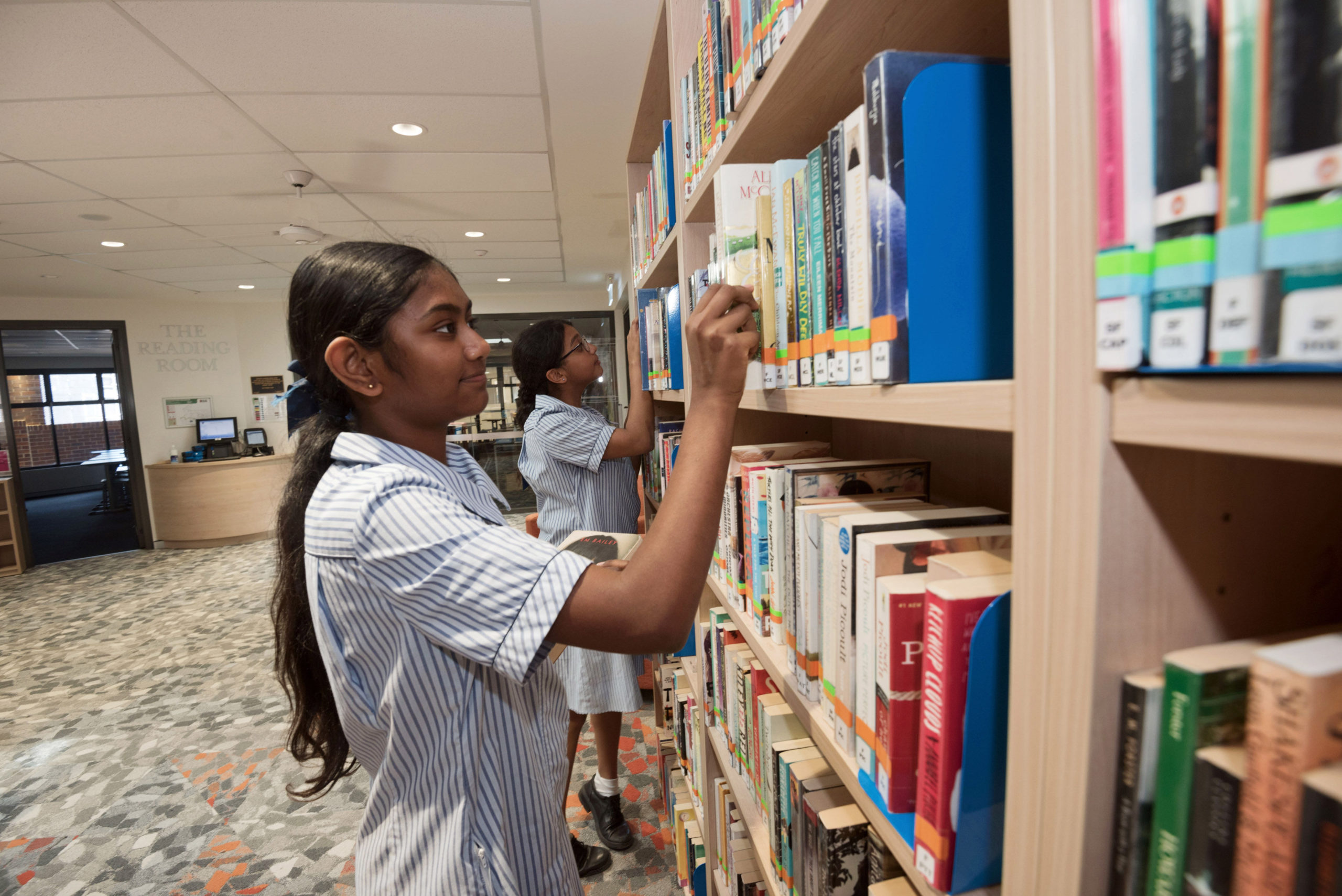Recent research has explored how reading fiction influences our brain development. The researchers asked students about their reading interests, how often they read for enjoyment, what motivated them and what experiences helped shape their attitudes toward reading. The students then took a series of cognition tests.
The researchers found that there were significant differences between students who read voluntarily and those who read books to satisfy minimum expectations.
I’m sure you won’t be surprised to learn that there is a powerful link between reading fiction and stronger language skills, both written and verbal. Students who read more tend to be more creative. Their reading encourages them to empathise with others and see things from different perspectives. These students are given the tools to imagine – one of the greatest gifts.
So, if it is so good for us, how do we create a little time in our busy schedules to read for enjoyment? The research tells us that in primary school, students tend to have structured reading time in the day but by high school, the nature of reading changes and a love of reading can fade.
So, how do we bring it back? Sometimes, there are opportunities in class. Meriden teacher, Ms Katie Bowie, likes to start her English lessons with reading time. Certainly, in her role as the Coordinator for Literary Engagement, Ms Bowie promotes the power of reading.
The pastoral program also offers reading opportunities, including year groups focusing on a particular book, as well as silent reading time. Many students pop into the Reading Room whenever they have a few spare minutes to join the reading circle or simply to enjoy some quiet time to read.
Further information about the research is available here.

